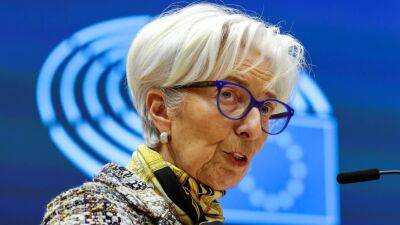DAOs, DEXs and whales? How Web3 organizations became the new crypto beasts
Web3 has brought a lot of excitement into the industry, as evidenced by the nearly $50 billion market capitalization Web3 tokens have grown in recent years. The very ethos of Web3 is one of its most attractive traits. It is an ecosystem free from barriers or intermediaries, welcoming to anyone from anywhere and open anytime.
However, there is one massive problem: There is no infrastructure within decentralized finance (DeFi) robust enough to execute these large orders in an entirely decentralized manner, as the use of centralized exchanges contradicts the decentralized nature of the decentralized autonomous organization, or DAO. Let’s unpack the relationship between DAOs and decentralized exchanges (DEXs) and how a specialized DEX could benefit DAOs now and in the future.
While the promise of Web3 has attracted traders of all income levels to the space, large traders, or whales, developed into one of the most influential types of crypto traders.
Traditionally, whales fall into one of two categories: large individual traders or entities. Recently, DAOs have emerged as a new form of whale trader. Operating entirely democratically, these organizations have been executing large order trades to generate forms of passive income for DAO members.
But, there is one massive problem: There is no infrastructure within DeFi robust enough to execute these large orders in an entirely decentralized manner. Sure, they can use centralized exchanges and pay exorbitant fees, but the use of such centralized platforms contradicts the decentralized nature of the DAO.
DAOs need custom-built decentralized exchanges that can execute large order trades in a secure, cost-effective and decentralized way. Let’s unpack the relationship between DAOs and
Read more on cointelegraph.com





















